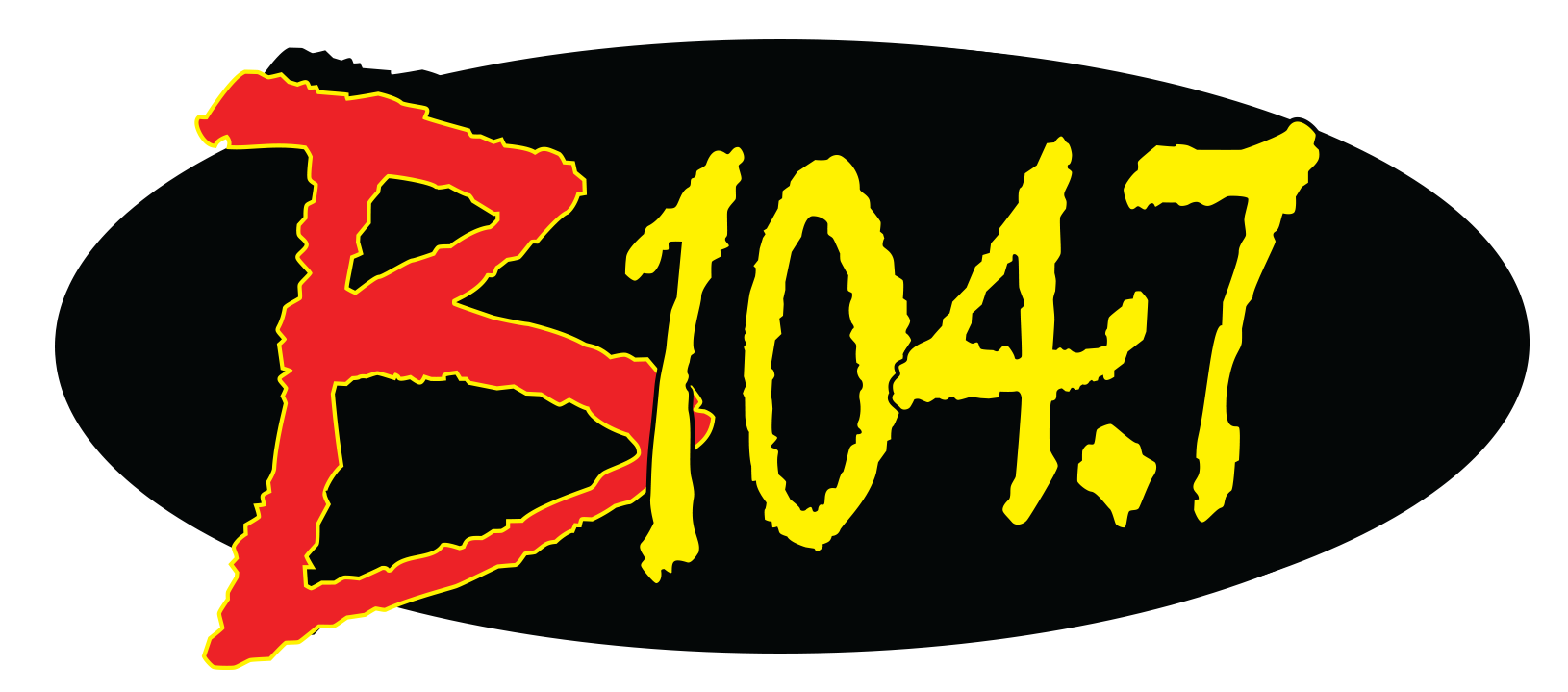
Through their Municipality Equality Index, the Human Rights Campaign recently ranked Manhattan as the second most LGBT-inclusive city in Kansas with a score of 83 out of 100.
A quick look at past MEI scores also indicates that Manhattan has become a more inclusive city over the past few years, as it has increased from a score of 67 in 2017 and 73 in 2018.
This score comes from an analysis of various aspects of the city government, such as whether they have inclusive housing and employment policies and whether there are LGBT police liaisons for certain governmental departments.
Does Manhattan’s latest MEI score actually reflect how life in Manhattan is for people in the LGBT community, though?
“The index really doesn’t say anything about the day-to-day lives that people lead or the personal interactions that really define the world that both queer students and community members live in,” Seth Peery, the president for the Sexuality and Gender Alliance at K-State, said.
According to Peery, there are negative interactions LGBT-community members experience on a day-to-day basis that city ordinances don’t address.
So, while the score indicates that the Manhattan government is relatively inclusive, it doesn’t necessarily account for everything.
Rachel Levitt, a K-State professor of gender, women and sexuality studies as well as a board member for the Flint Hills Human Rights Project, says that either way, the score does call for recognition of those who have worked to get Manhattan to this point.
“That kind of evaluation is really important in honoring the labors that have gone into making huge strides,” Levitt said. “You don’t get that kind of evaluation without the mobilizing of individuals and communities to try and make policy-level changes and make sure that those policies are actually being followed.”
This isn’t to say that Manhattan can’t improve.
Peery says that beyond stating they are pro-LGBT, city officials need to take action, particularly when it comes to housing.
“When we’re not willing to support renters or to support students and getting them into safe, affordable housing, then at the end of the day, saying you are accepting of LGBTQ people but not giving them the structures and support they need to survive and thrive, words can only do so much,” Peery said.
According to Levitt, the city commission, alongside the Flint Hills Human Rights Project, has taken steps to give LGBT-community members a route to report housing and employment discrimination through a non-discrimination ordinance.
Levitt also says that steps have also been taken at the state level in the form of an executive order put in place by Governor Laura Kelly that is meant to prevent discrimination based on gender identity and sexual orientation.
They believe a broader and more permanent policy should be put in place, though.
“What we would love to have is something that is more sweeping,” Levitt said. “So a peace of legislation that amended a Kansas law that says that you can’t discriminate based on sex. We would love to add sexual orientation, gender identity and gender expression to that nondiscrimination law so that it doesn’t change back and forth (based on) who is governor.”
Another area both Peery and Levitt believe needs to be worked on is healthcare.
Peery says the city should increase healthcare protections for city employees and shouldn’t settle for the policies they have now even if they compare favorably to other cities in Kansas.
“Manhattan is doing well in comparison to the rest of Kansas,” Peery said. “I think, however, being slightly above average when the average is not good is not anything to rest your laurels on.”
For Levitt, there is an array of healthcare issues that need to be addressed.
One is the continued use of conversion therapy by some local therapists.
Another issue is the requirement that transgender people get approval from a therapist before being allowed to obtain and use hormones despite approval of hormone use not being required for those who are going through menopause or using birth control.
As for the latter, work is being done on a local level to implement change.
“One of the things that the Flint Hills Human Rights Project has done is written an open letter to physicians and medical providers practicing within the Flint Hills, Riley County and Manhattan specifically about the way that hormones are being afforded to people and asking for the much more appropriate standard of informed consent,” Levitt said.
Beyond healthcare, housing and employment, Levitt says there are several other issues that need to be addressed, such as the over-representation of LGBT-members in foster care, bullying in schools, suicide and homelessness and poverty.
According to Levitt, the poverty rate for trans people in Kansas is three times more than the general population even though even though the trans community is smaller overall.
“The fact that these kinds of life experiences disproportionately affect LGBT people and trans people in particular means that we’ve got a lot of work to do to make sure that the playing field when it comes to economic injustice and social injustice are really being accounted for in terms of the bigger context that we’re dealing with,” Levitt said.
So for Levitt and Peery, whether the issue is affordable housing, healthcare protections or bullying, sometimes the goal is ultimately to push for more livable lives that can be experienced with dignity.
Those before them have made cities like Manhattan into more inclusive places to live for the LGBT community and they are certainly doing their part to continue this trend.
For a full report on Manhattan’s score the scores of other cities across the United States, visit hrc.org.
The post What is life really like for LGBT-community members in Manhattan? appeared first on News Radio KMAN.

